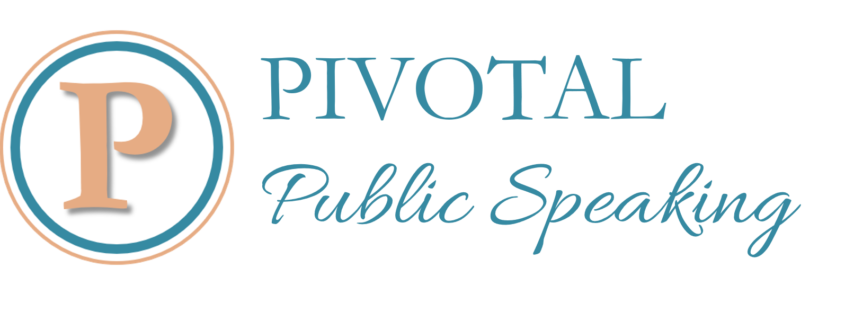Build your brand with stories
Stories are a subtly powerful way to support your speaking outcomes. You can use them to support the points you want to make, but you can also use them to position yourself in the eyes of your audience. When you speak you need to be seen as an expert, though an approachable expert, and the audience needs to understand you and your why. They need to know why they should listen to you and why they should do what you expect form them at the conclusion of your speech. You also have an opportunity to establish yourself and your brand in their memories, through the power of storytelling.
Here are 4 specific ways you can use storytelling to build your brand.
1. Identity
Tell stories about yourself. There are several benefits to this. You can identify yourself as someone your audience can relate to – someone with credibility. You can also show that you are not perfect – reveal a flaw (though not a serious one!!) or a mistake you have made. This makes you seem human, and by revealing vulnerability, you build trust. You can use self-effacing humour here, and if it is the sort of mistake that your audience has made, then they can relate to you, and your story will be the stronger for it. This same story or another one, should progress to show your authority in your subject, establish you as the expert or the source of expertise your audience needs to solve their problems.
2. Why
Use a story to reveal your why – why it is you are in business. This, too, builds trust and shows that you do not have a hidden agenda – are authentic – and makes you appear less “salesy”. People have more empathy with you once they know your why, particularly if it is similar to their own.
3. Understanding
In a business speech, particularly, but in any speech, you are working to break down resistance to your persuasion. If you can tell a story that shows you recognise your audience’s thoughts – their objections – you can show you respect them – understand and respect them and their views. You will, of course, show that those objections are not applicable to this situation, but you will have communicated your respect and therefore established more trust.
4. Authenticity
Find stories about yourself and about your business – true stories. Everyone has a story – from the past, from the present and about the future. And so do businesses – stories about their beginnings, their present and their futures. Spend time finding the ones you can use to establish your brand. Because you have chosen true stories, their authenticity will not be compromised. Beyond that, create stories, do things that are story-worthy – or tell stories about other businesses that indicate the values you hold in your own.
Stories position you as someone the audience can relate to on their own level. Stories position you as someone to whom they can go to solve their problems. Stories position you as someone they can trust. And they do this very subtly but very powerfully. What are your brand stories – personal or business?
© Bronwyn Ritchie If you want to include this article in your publication, please do, but please include the following information with it:
Bronwyn Ritchie is a professional librarian, writer, award-winning speaker and trainer. She is a certified corporate trainer and speech contest judge with POWERtalk, a certified World Class Speaking coach, and has had 30 years’ experience speaking to audiences and training in public speaking. In just 6 months time, you could be well on the way to being admired, rehired as a speaker, with the 30 speaking tips. Click here for 30 speaking tips for FREE. Join now or go to http://www.30speakingtips.com
Discover more from Bronwyn Ritchie - Pivotal Public Speaking
Subscribe to get the latest posts sent to your email.

